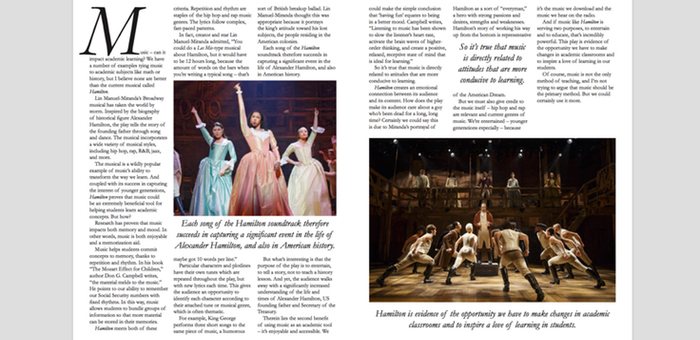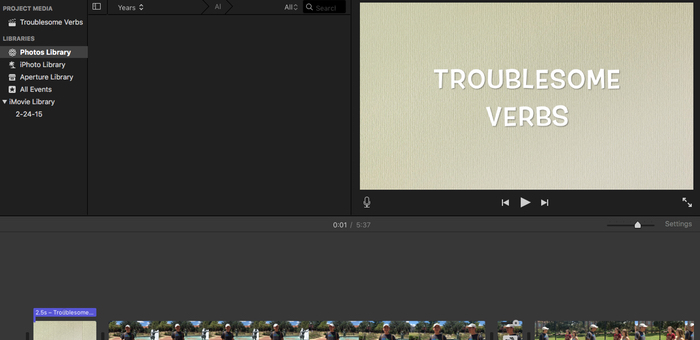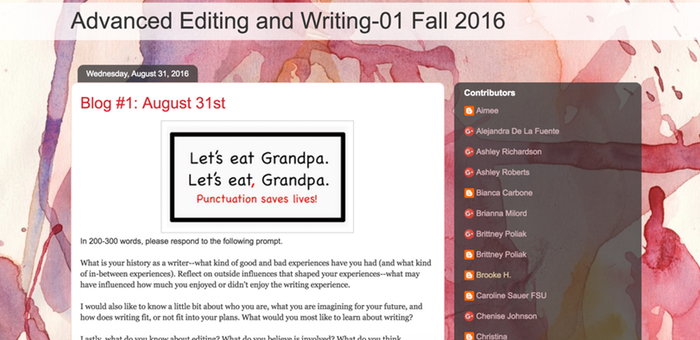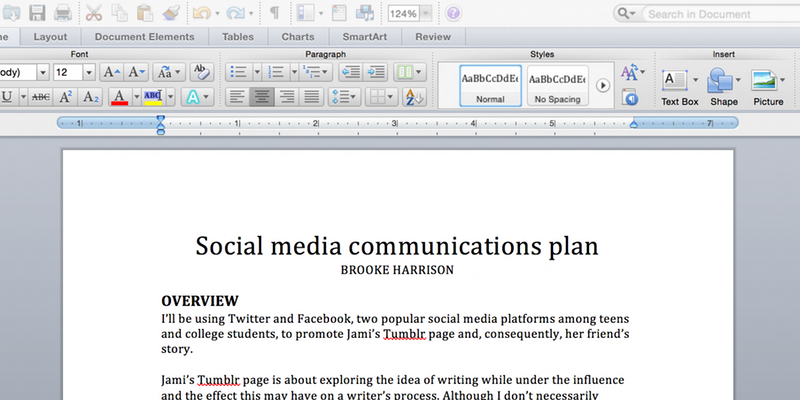OBJECTIVE: “To make editorial notes on and revise a text that [I] have composed elsewhere… To remediate [my] revised original composition for a new genre: a print magazine.”
Part 1
This is the original composition I submitted for the project, a fieldwork essay about music in education written for a previous course (Music in the World). My two partners read and critiqued my composition, giving me both substantive edits and copyedits to make.
Critique of Partner 1 (substantive edits)
Critique of Partner 2 (substantive edits)
These are the substantive edits I made for each of my partners’ original compositions. “Substantive edits” are meant to go beyond surface level by addressing global issues in the text, such as organization/structure, clarity, etc.
Part 2
Rhetorical rationale / reflection
After reading over my partners’ edits, I revised my original composition and then wrote a reflection identifying key changes in the text and describing my process of revision.
Part 3
Remediation in new genre – magazine layout
I took the topic/thesis of my original paper, music in education, and remediated the material for the new genre. I wrote an article about Broadway’s musical Hamilton and how this relates to academic teaching. My article was much shorter, more informal/colloquial, and was accompanied by visuals.



